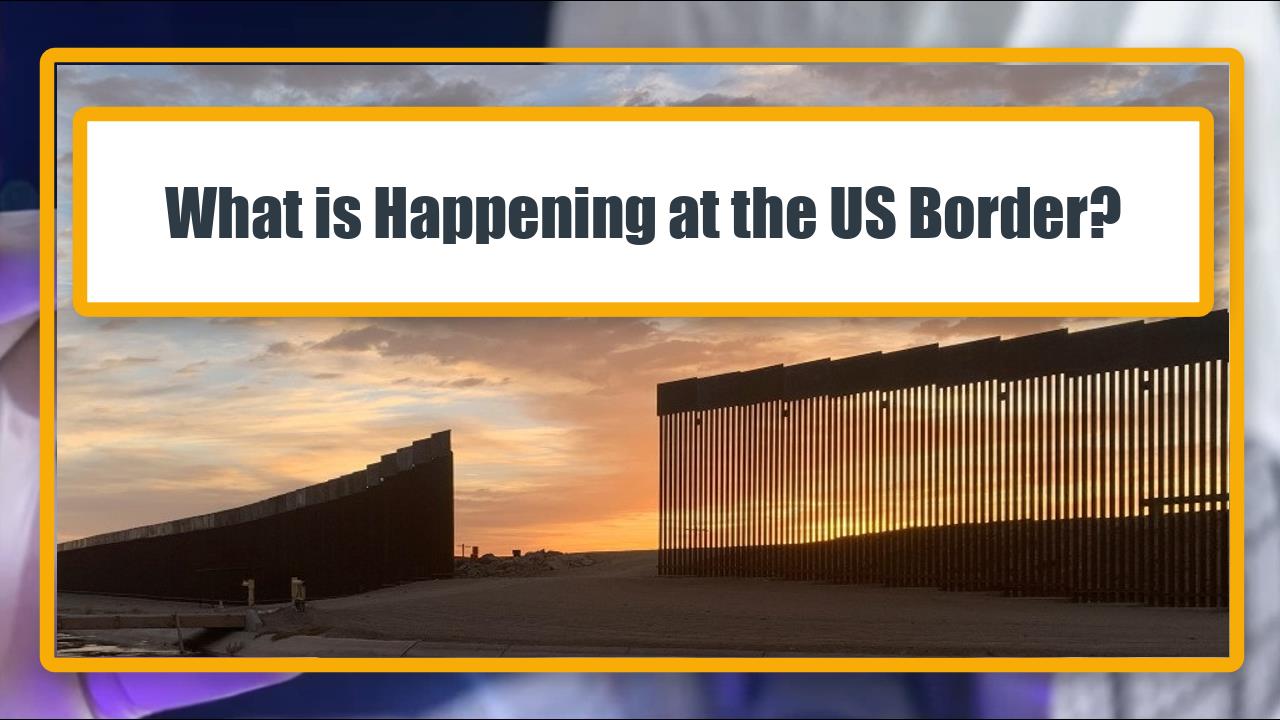Video:
Take our online poll:
AI Analysis:
Poor border control can have both positive and negative implications, depending on the perspective. On the one hand, lax border control can facilitate easier movement of people, leading to increased cultural exchange, tourism, and potentially attracting skilled labor from different parts of the world. This can foster diversity and enrichment of local communities, as well as stimulate economic growth through a more flexible labor market. Additionally, lenient border control policies may also reduce the strain on immigration enforcement agencies and save resources that can be directed towards other pressing issues.
On the flip side, poor border control can present significant challenges and risks. One of the main concerns is the potential for increased illegal immigration and human trafficking, leading to exploitation and abuse of vulnerable individuals. This can strain social services and cause resentment among local populations towards immigrants who may be perceived as a burden on resources. Furthermore, weak border control can open avenues for criminals and terrorists to enter a country, posing a security threat. The lack of proper screening and background checks can compromise public safety and exacerbate existing issues related to crime and public order. Additionally, uncontrolled movement of people may also facilitate the spread of diseases and other health risks, as proper health screenings and quarantine measures might not be adequately implemented.
References:


Comments